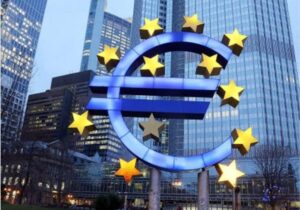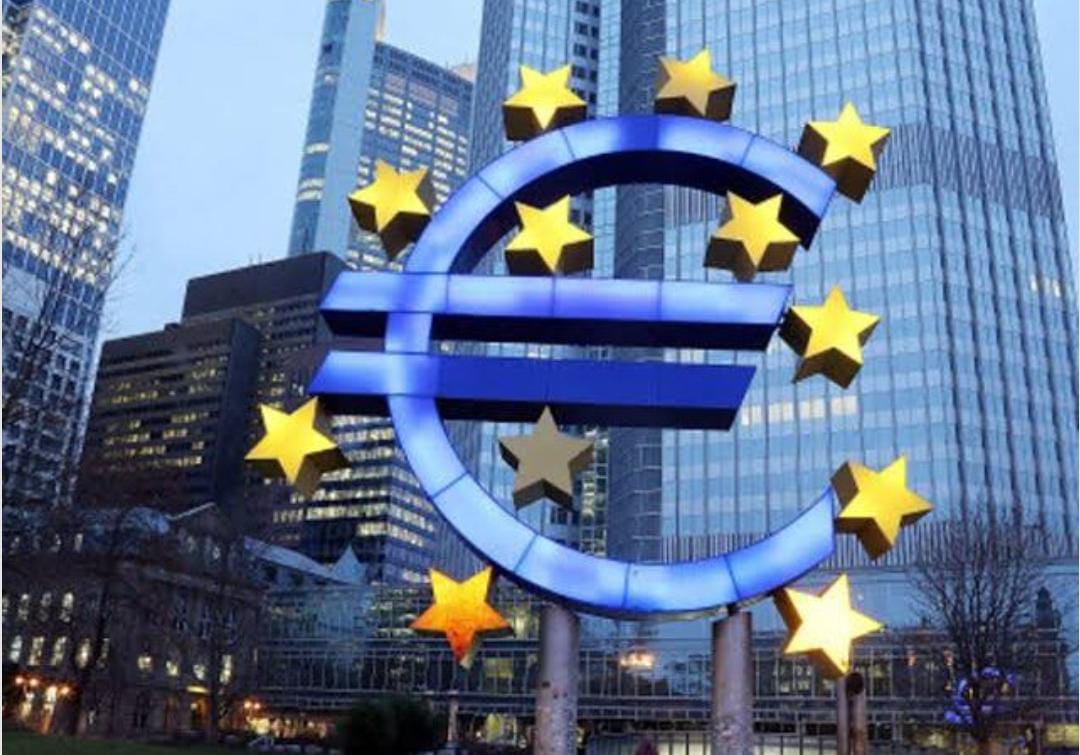
ECB cuts interest rate by 0.25% for the fifth time
Bank officials hope that easing monetary policy will breathe life back into an economy that is struggling to continue growing.
The European Central Bank cut interest rates for a fifth time as inflation nears its 2% target, allowing monetary policymakers to continue easing the squeeze on the economy.
According to Bloomberg, the European Central Bank's monetary policy officials agreed at their meeting on Thursday to cut the three main interest rates by 25 basis points, bringing the deposit rate to 2.75%, in line with expectations, as analysts polled by Bloomberg expected the ECB to cut the interest rate by a quarter percentage point to 2.75%.
Officials hope that easing monetary policy will breathe life back into an economy that is struggling to continue growing, especially as consumers and businesses in the euro zone's two largest members, Germany and France, have been hit by political turmoil.
The European Central Bank said in the statement accompanying the decision that the economy continues to face challenges, but that rising real incomes and the gradual fading of the effects of restrictive monetary policy should support a rise in demand over time, noting that the process of “decelerating inflation is on track.” It stressed that most indicators of core inflation indicate that “inflation will stabilize around the target in a sustainable manner.”
The ECB noted that the data indicated that inflation “continued to move in line with experts’ expectations and is expected to return to the Governing Council’s target of 2% over the medium term during this year.”
The European Central Bank's decision comes amid the eurozone's economic stagnation at the end of last year, especially after the collapse of the governments of the region's two largest economies.
The region's GDP was unchanged in the fourth quarter compared with the previous three months, according to Eurostat, with output contracting by 0.2% in Germany and 0.1% in France. Over the whole of last year, the euro area's GDP rose by 0.7%.
The region’s economy needs a boost to growth, especially given its lack of momentum. Germany’s manufacturing crisis is weighing on output, sentiment is being negatively affected by US President Donald Trump’s threat of punitive trade measures, and GDP in Italy and Austria has been flat.




